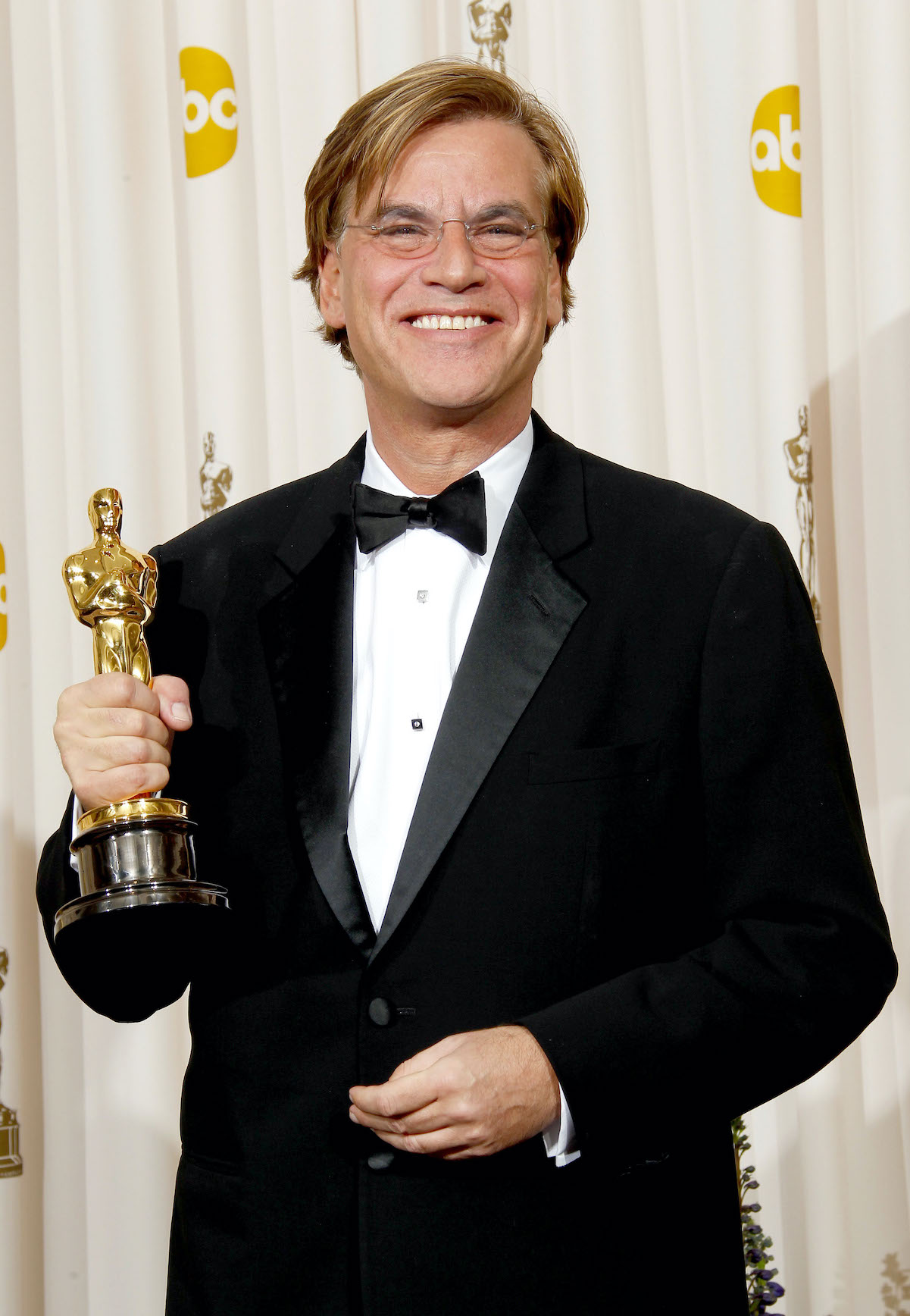Aaron Sorkin is a name synonymous with sharp dialogue and intricate storytelling in the realms of film and television. From “A Few Good Men” to “The Social Network,” Sorkin has not only captivated audiences but has also significantly shaped contemporary cinema. This article delves into various facets of his life—his net worth, early life and education, illustrious career, some intriguing facts, and a few controversies that have surrounded him over the years.
Net Worth:
As of recent estimates, Aaron Sorkin’s net worth hovers around $70 million. This substantial figure is a testament to his prolific career as a screenwriter, director, and producer. His works have consistently garnered critical acclaim and lucrative box office revenues, contributing to his financial success. Sorkin’s financial portfolio also includes earnings from stage productions, such as his adaptation of “To Kill a Mockingbird,” which has further solidified his status in the entertainment industry.
Early Life and Education:
Born on June 9, 1961, in New York City, Aaron Benjamin Sorkin was raised in a lively Jewish family. His upbringing in the bustling atmosphere of Manhattan undoubtedly influenced his artistic sensibilities. Despite facing challenges during his youth, including a struggle with dyslexia, Sorkin’s determination to pursue storytelling never waned. He attended the prestigious Syracuse University, where he earned a Bachelor of Fine Arts degree in Drama. Here, he honed his craft, showcasing early signs of the exceptional dialogue writing that would later define his career.
Post-university, Sorkin grappled with various jobs, including serving as a bartender while nurturing his screenplay ambitions. This period of modest living provided him with ample time to observe human behavior—a crucial element that enriches his character development.
Career: The Pinnacle of Storytelling:
Sorkin’s career took off dramatically when his play “A Few Good Men” premiered on Broadway in 1989. The play’s success led to a film adaptation starring Tom Cruise and Jack Nicholson, which brought Sorkin widespread recognition. His knack for creating intense courtroom dramas paired with his penchant for rapid-fire dialogue set him apart from his contemporaries.
Subsequently, Sorkin developed “The West Wing,” a political drama series that aired from 1999 to 2006, which not only captivated audiences but also received numerous awards, including multiple Emmy Awards. The show’s unique mix of idealism and pragmatism resonated with viewers, portraying a fictional White House that felt accessible yet aspirational.
One of Sorkin’s most lauded works is “The Social Network,” a film that chronicles the tumultuous rise of Facebook and its co-founder Mark Zuckerberg. Released in 2010, the film received several Academy Awards, including Best Adapted Screenplay, further cementing Sorkin’s reputation as a preeminent screenwriter. His storytelling adeptness lies in weaving an intricate tapestry of personal ambition, ethical quandaries, and the frenetic pace of technological evolution.
Sorkin’s shift to directing came with the film “Molly’s Game,” based on the true story of Molly Bloom, which showcased his versatility and earned him additional accolades. His recent projects continue to elicit interest, including a much-anticipated film adaptation of “To Kill a Mockingbird,” which exemplifies his ability to reinterpret classic literature for contemporary audiences.
Interesting Facts:
Beyond the accolades and achievements, several unusual aspects of Sorkin’s life and career add depth to his persona. For instance, he has an affinity for the prose of F. Scott Fitzgerald, notably appreciating the author’s ability to craft dialogue that resonates on multiple levels. Moreover, Sorkin is known for his meticulous writing process, often revising scripts numerous times before settling on a final draft. His fast-paced dialogue style has become a trademark, but it is his ability to convey deeper themes through conversations that truly captivates audiences.
Another interesting facet of Sorkin is his passion for technology, which seamlessly integrates into his narratives. His works often explore the complexities of human relationships in conjunction with technological advancements, prompting viewers to ponder the ethical implications of their digital lives.
Controversies:
Further complicating his public image are remarks he has made regarding gender and race in the industry, which have occasionally sparked backlash. Sorkin’s responses to such criticisms have often led to discussions about the importance of representation in storytelling.
Conclusion:
Aaron Sorkin embodies the essence of a modern storyteller. With a net worth that reflects his success and a career that spans numerous genres, his contributions to film and television are undeniable. While controversies occasionally shadow his legacy, the compelling narratives he continues to create invite viewers to explore complex themes related to humanity, technology, and ethics. As he hints at potential projects—raises curiosity about where his artistry will take us next. Amidst both praise and critique, one thing remains clear: Sorkin’s voice is one that resonates and provokes thought long after the credits roll.
